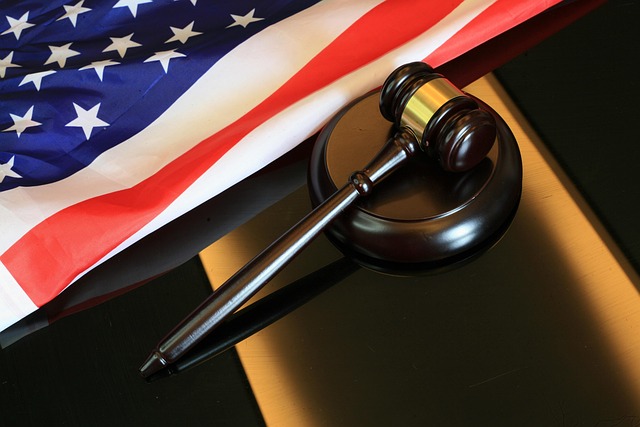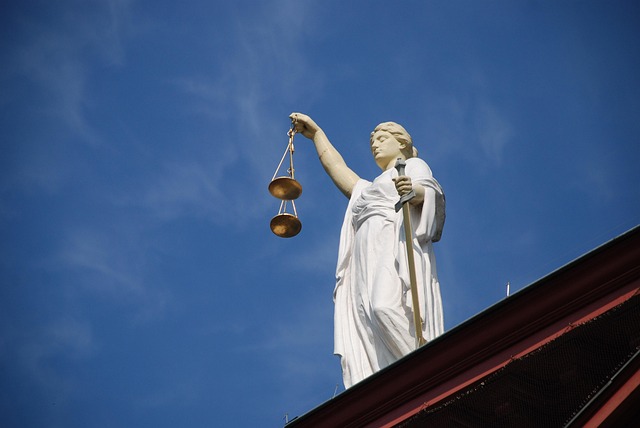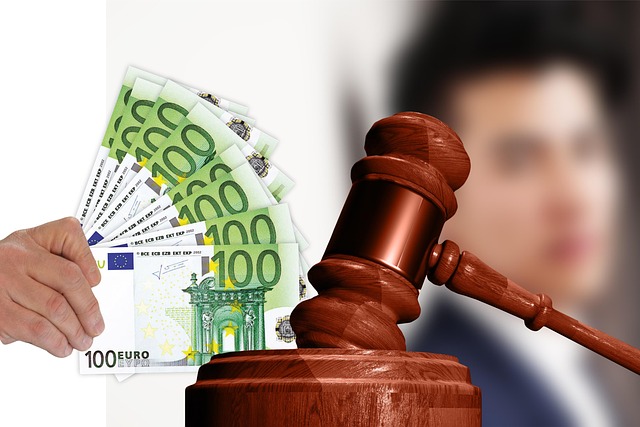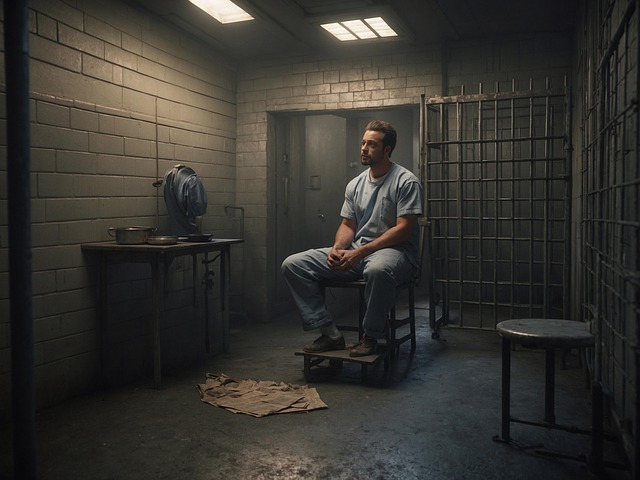The Prosecutor Strategies in Plea Bargaining Process significantly shape justice for corporate and individual clients in high-stakes investigations. Prosecutors balance public interest with case complexities to offer corporations predictability over lengthy trials and individuals leniency. C-level defendants, facing strategic negotiations, must review evidence, consult legal counsel, and adopt robust defense strategies. Skilled prosecutors leverage evidence, legal precedents, and integrity for favorable outcomes, impacting corporate governance and deterring unethical behavior.
In the complex landscape of corporate investigations, understanding plea bargaining dynamics is paramount. This article delves into crucial aspects of the plea bargain process, focusing on prosecutor strategies and their implications for C-level defendants. We explore key considerations, legal tactics, and the impact on corporate governance post-bargain. By examining these elements, organizations can better navigate high-stakes investigations and mitigate potential risks associated with prosecutor strategies in the plea bargaining process.
- Understanding Plea Bargaining Dynamics
- Prosecutor's Role in Negotiation Strategies
- Key Considerations for C-Level Defendants
- Legal Tactics to Secure Favorable Terms
- Impact on Corporate Governance Post-Bargain
Understanding Plea Bargaining Dynamics
In the intricate world of investigations, plea bargaining plays a pivotal role, often shaping the course of justice for both corporate and individual clients. This process involves a strategic dance between prosecutors and those accused, where negotiations lead to an agreement that can significantly impact the outcome of the respective business matters. Prosecutor strategies in this context are multifaceted, aiming to balance public interest and the complexities of each case.
The dynamics of plea bargaining require a delicate approach. Prosecutors must weigh the evidence, potential sentences, and the likelihood of success at trial when deciding on plea offers. For corporate clients, these negotiations can involve addressing regulatory violations or criminal charges, where a plea bargain might offer a more predictable outcome compared to prolonged jury trials. Individual defendants, too, navigate this process, aiming for leniency and a chance to move forward with their lives, while the prosecutor seeks justice and deterrence.
Prosecutor's Role in Negotiation Strategies
In high-stakes cases, especially those involving C-level investigations, the prosecutor’s role extends far beyond merely presenting facts to a jury. They are key players in the plea bargaining process, employing various negotiation strategies to reach agreements that benefit both the prosecution and the accused. These strategies can significantly impact the outcome of the case, potentially reducing prison time for the individual or avoiding costly and lengthy jury trials for the respective business.
Prosecutors may leverage evidence strength, legal precedents, and the potential consequences of a conviction to convince defendants to plead guilty. In exchange, they offer reduced charges or more favorable sentencing terms. Such negotiations require a delicate balance—the prosecutor must be firm while also showing flexibility, ensuring that justice is served without compromising the integrity of the process for high-profile cases.
Key Considerations for C-Level Defendants
When facing Prosecutor Strategies in Plea Bargaining Process, C-level defendants must consider several crucial aspects to navigate this complex legal landscape effectively. Firstly, they should assess their options beyond a simple plea bargain. While a plea deal may seem appealing for a quicker resolution, it’s essential to explore alternatives like a general criminal defense strategy that could lead to a complete dismissal of all charges. This involves meticulously reviewing the evidence and understanding the strengths and weaknesses of the case against them.
Additionally, C-level individuals should engage experienced legal counsel who can adeptly handle high-stakes cases and have a track record of securing winning challenging defense verdicts. A robust general criminal defense strategy will not only protect their reputation but also ensure that justice is served in the best possible manner. Remember that in this process, staying calm, cooperative, yet assertive, can make a significant difference in the outcome.
Legal Tactics to Secure Favorable Terms
In the world of investigations, especially at the C-Level, where the stakes are high and reputations on the line, legal tactics play a pivotal role in securing favorable terms. Prosecutor strategies in the plea bargaining process are akin to navigating a complex labyrinth—strategic moves must be made to achieve the best possible outcome for clients. Across the country, these skilled prosecutors employ various techniques throughout all stages of the investigative and enforcement process.
They do this by meticulously reviewing evidence, understanding their clients’ needs, and leveraging legal expertise to negotiate with integrity and tenacity. By balancing the interests of justice with the unique circumstances of each case, they ensure that for his clients, the process isn’t just about avoiding punishment but also about preserving dignity and setting a path toward positive change.
Impact on Corporate Governance Post-Bargain
The launch of C-Level investigations can significantly reshape corporate governance dynamics post-bargain. When high-ranking executives face legal scrutiny, it prompts organizations to reevaluate their internal controls and risk management strategies. This pivotal moment often leads to substantial reforms aimed at fortifying compliance programs and ensuring ethical conduct across the board.
With an unprecedented track record of successful prosecutions for his clients, experienced prosecutors play a crucial role in this process. They employ sophisticated strategies within the plea bargaining process, leveraging evidence and legal expertise to secure favorable outcomes. Such strategies not only ensure justice but also serve as deterrents, encouraging ethical behavior among corporate leaders and fostering a culture of accountability.
The C-level plea bargaining process, driven by strategic considerations and prosecutor strategies, significantly influences corporate governance. By understanding the dynamics of plea bargaining, C-level defendants can navigate key legal tactics to secure favorable terms post-bargain. This enhances transparency and strengthens corporate integrity moving forward, ensuring a more robust and compliant business environment. Prosecutor strategies in the plea bargaining process play a pivotal role in shaping these outcomes, underscoring the importance of informed decision-making at all levels of corporate governance.






